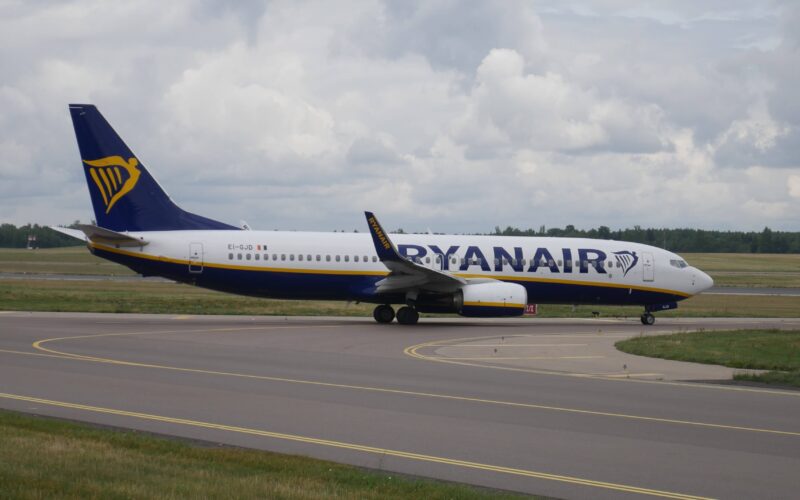The outbreak of COVID-19 has seen airlines taking measures to sustain their losses due to record low travel demand amid coronavirus pandemic. A month of lock down and travel bans has already passed, so what trends can we see in a troubled European aviation market?
March 2020 has been seen as one of the most destructive months in history of aviation. German national carrier’s Lufthansa (LHAB) (LHA) share price has dropped by 61% compared to pre-crisis state with other European airlines reporting nearly identical figures. Luckily, on April 16 European stock market saw a rise after coronavirus death tolls in Spain and Italy eased. At the same time, Ryanair and EasyJet released statements and shared their outlooks on current crisis, which in turn has helped travel stocks recover.
The largest airline in Europe in terms of passengers carried, Ryanair, has continued their operations, although at a very limited schedule. Due to COVID-19 airline reported to have grounded over 99% of its fleet and extended limited flight schedule to April 23, 2020. Ryanair’s CEO Michael O’Leary has openly expressed his outlook on the crisis sharing that the price war after the crisis is inevitable. He also stated that Ryanair is better prepared for a fare-slashing recovery when compared to other European carriers.
Another prominent airline in European market, EasyJet announced to have secured enough capital to sustain a nine-month grounding of their fleet. The move has seen airline’s stock in the green, positively affecting share price by 2-3%. The airline has also hinted at a possibility of not selling middle seat for some time after travel restrictions will be lifted. EasyJet has grounded all of its fleet, but is hoping to have some of its operations resumed by the end of April.
Now, let us turn to the second largest carrier in Europe, when measured by passenger numbers – Lufthansa Group. The group’s share price has already been on decline since 2018 with coronavirus crisis only speeding up stock price’s drop. The group had to ground over 700 aircraft as the demand for air travel bottomed out in March.
One of the member airlines, Lufthansa (LHAB) (LHA) has started to decommission and retire older jets like Airbus A340 and Boeing 747 in an effort to control business expenditure. The airline has also requested state aid to keep its operations afloat. While the carrier reported to have more than US$4.35 billion in liquidity buffer, some of that money is owed to customers that have paid for now-cancelled flights.
At this point in time, airline has reported to be losing 1 million euros per hour. There are talks that Lufthansa (LHAB) (LHA) has already had conversations with German government regarding state aid, to help the carrier combat the losses during COVID-19 pandemic.
While some airlines are still experiencing a sharp hit to their operations amid COVID-19 crisis, the recovery of low cost counterparts can indicate a slow, but steady recovery to come after the pandemic.

